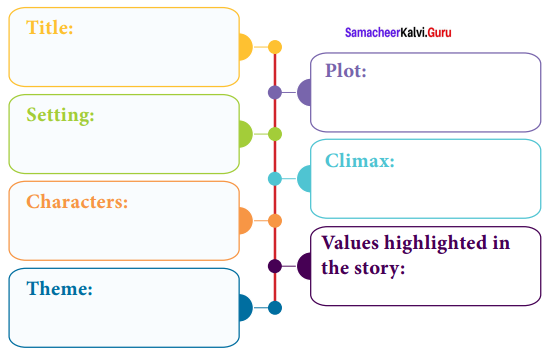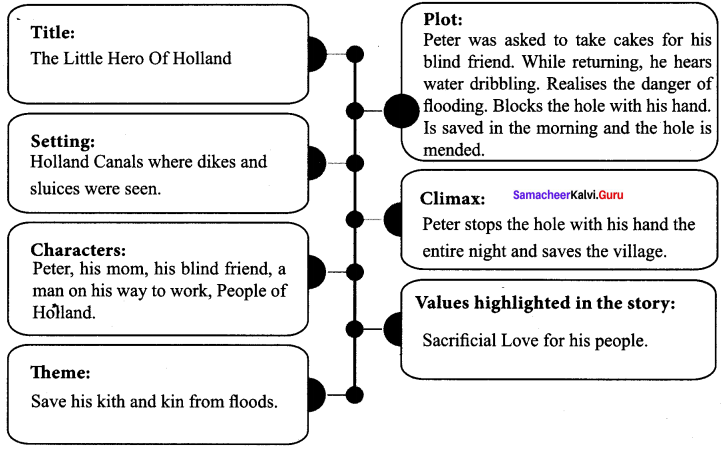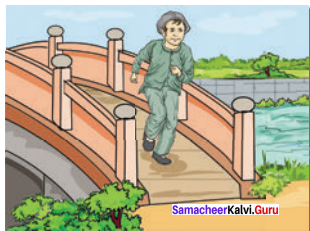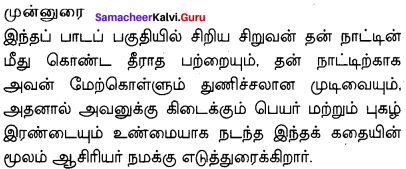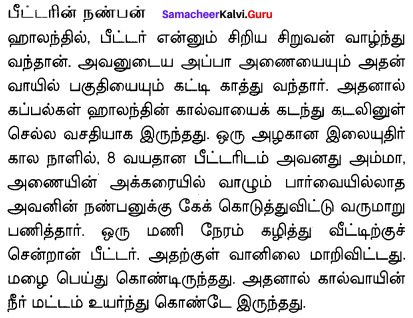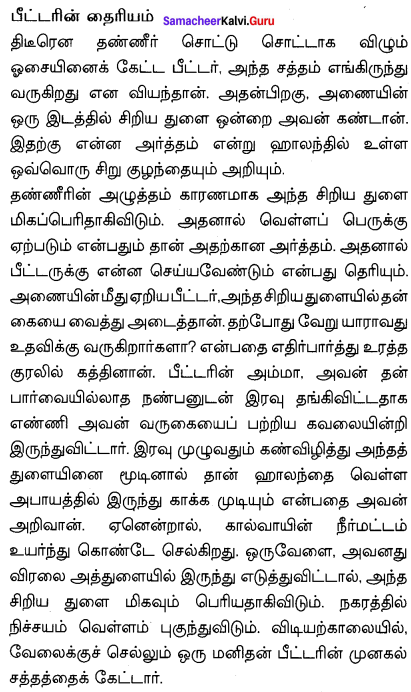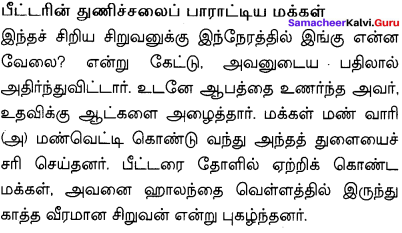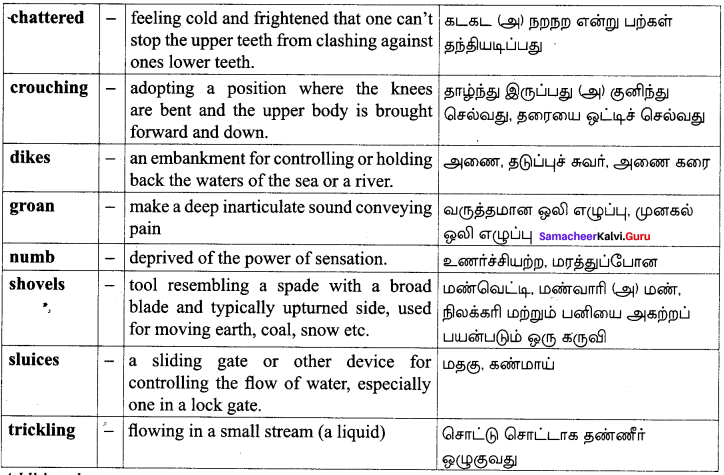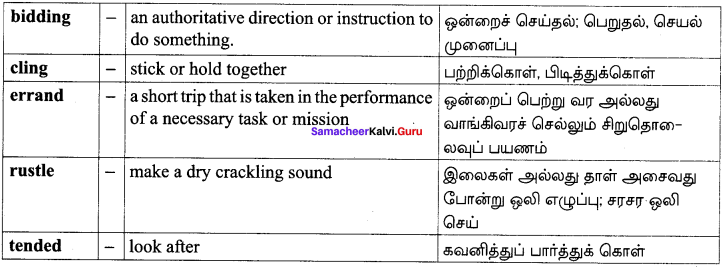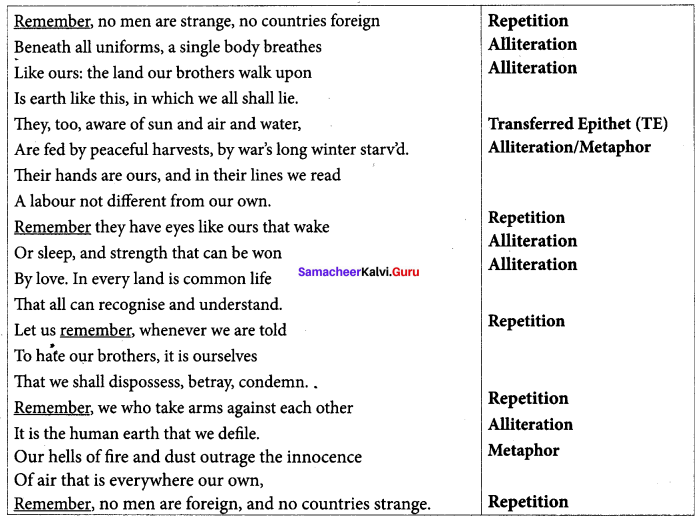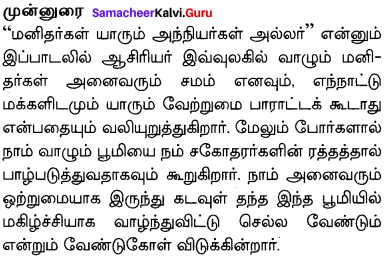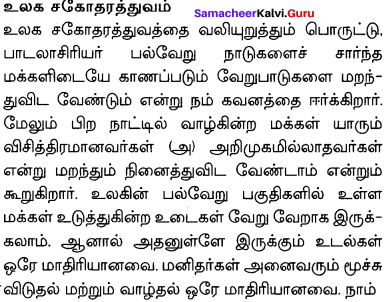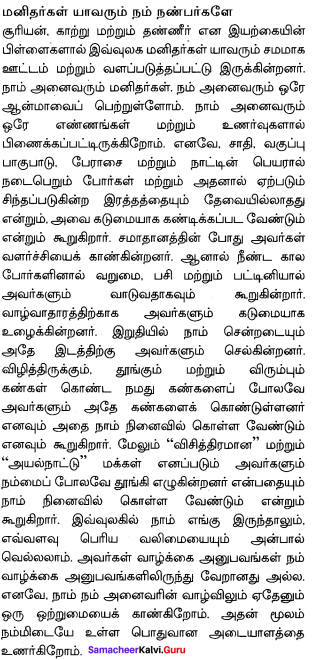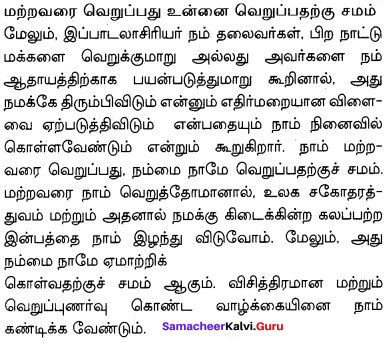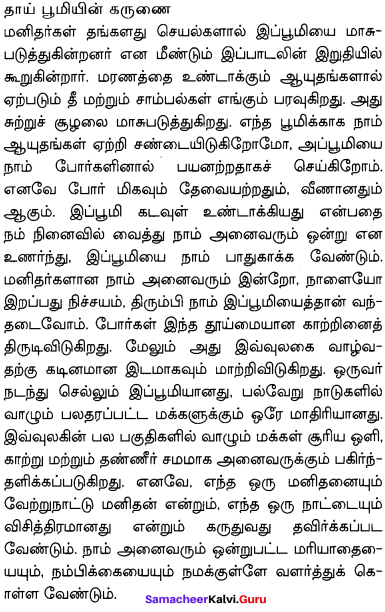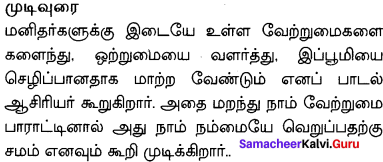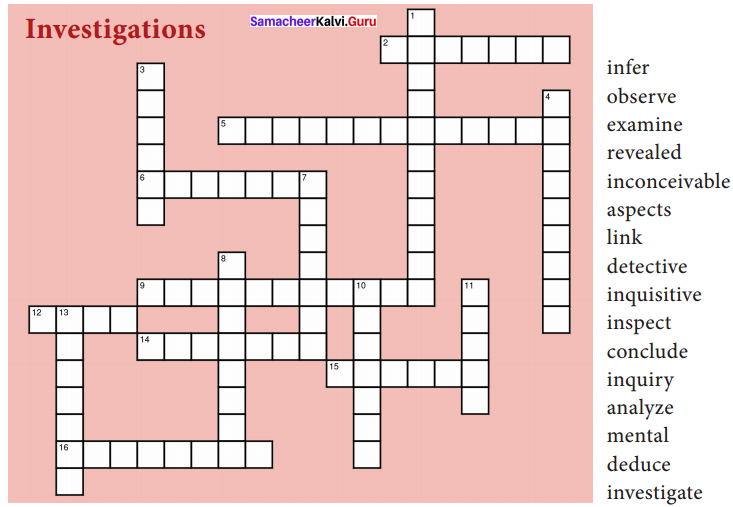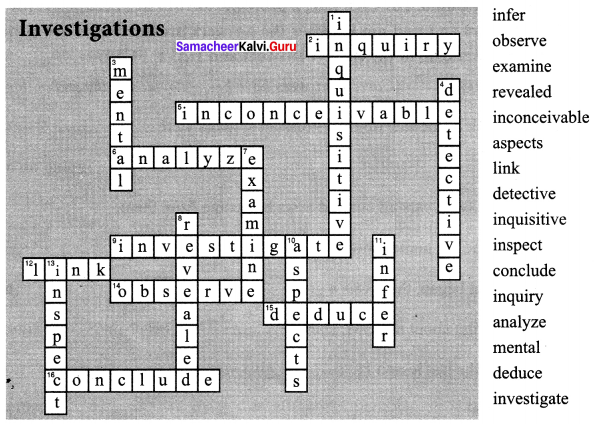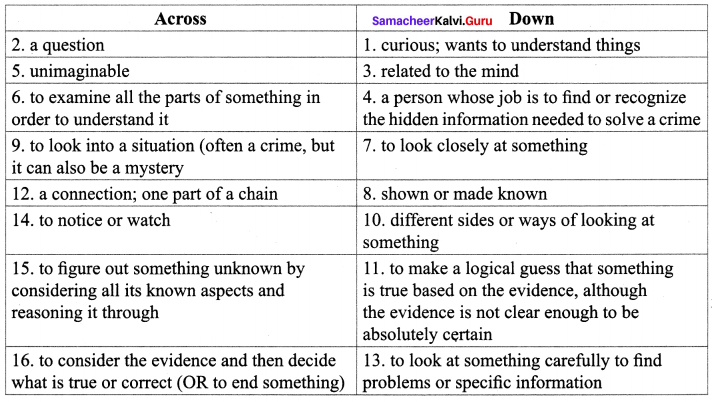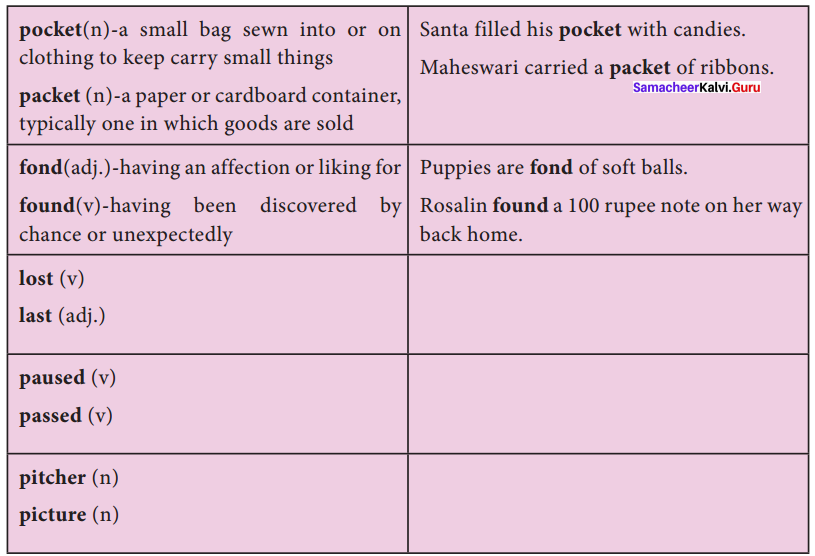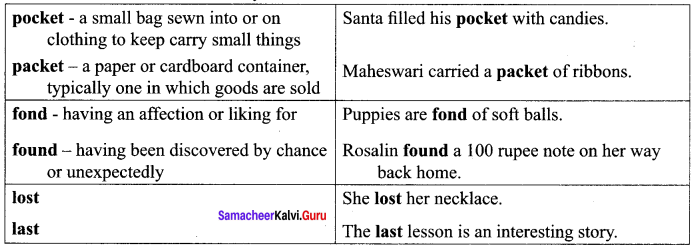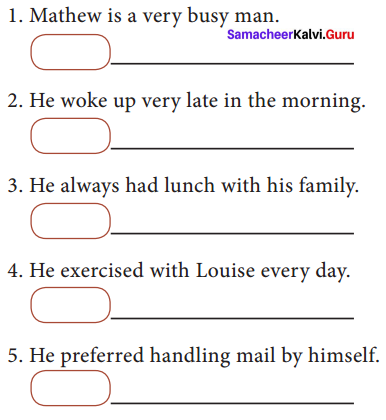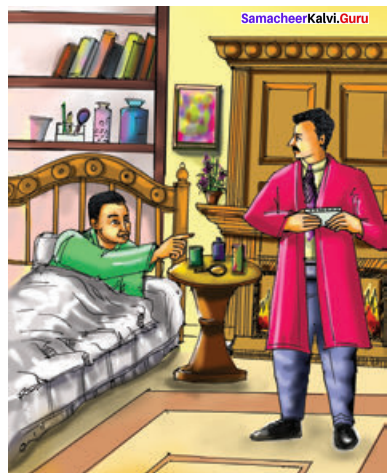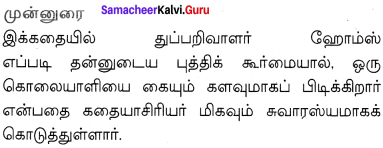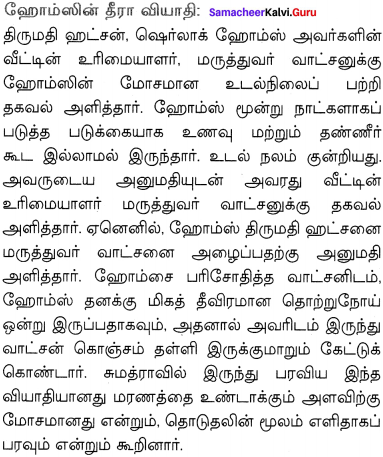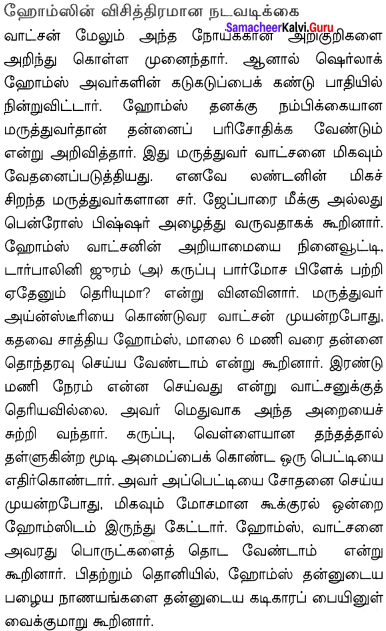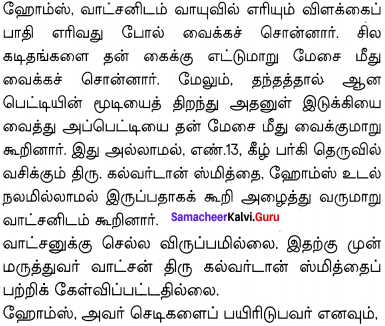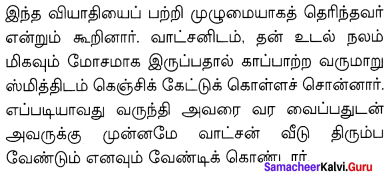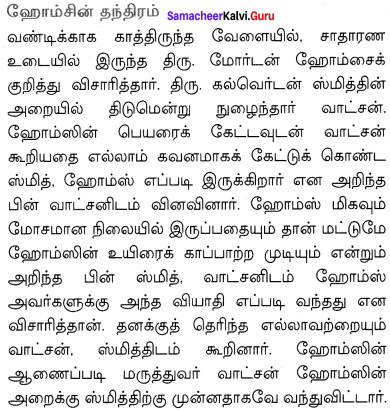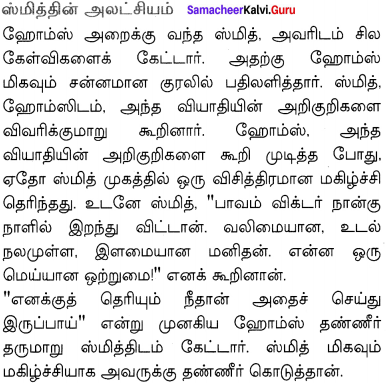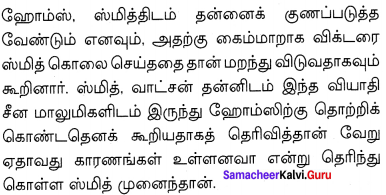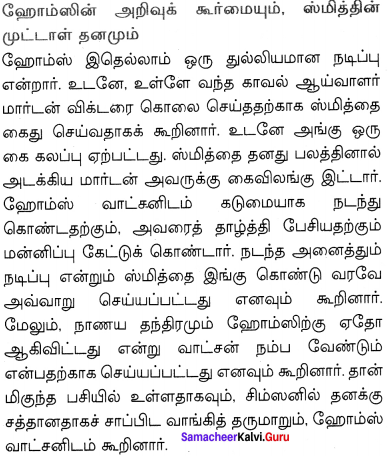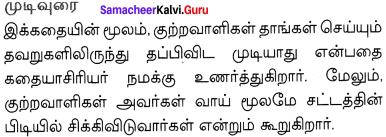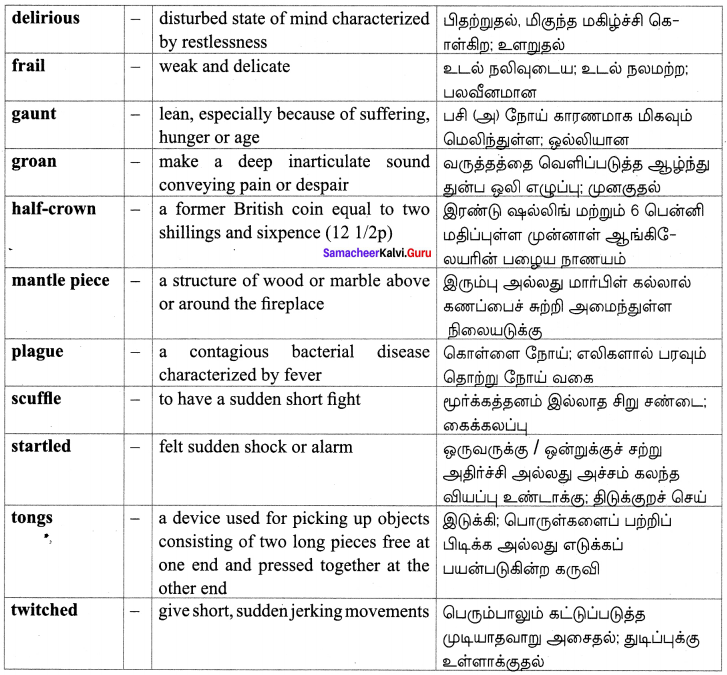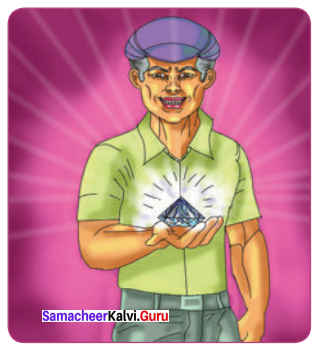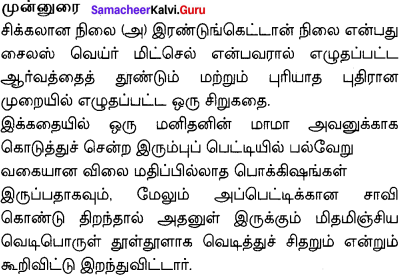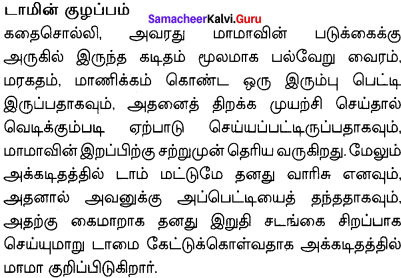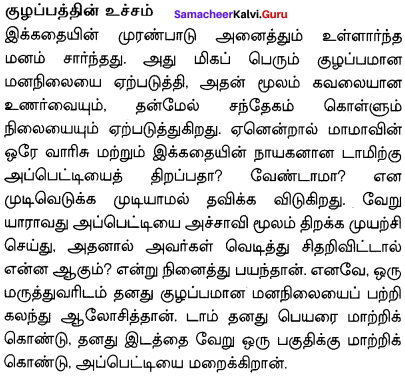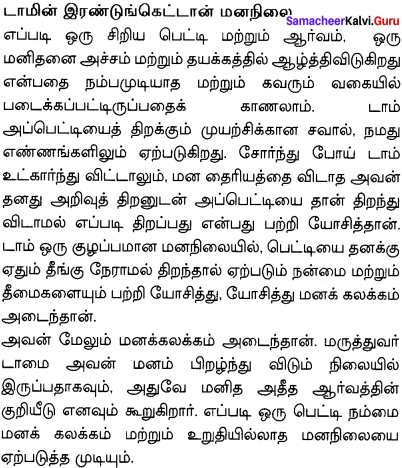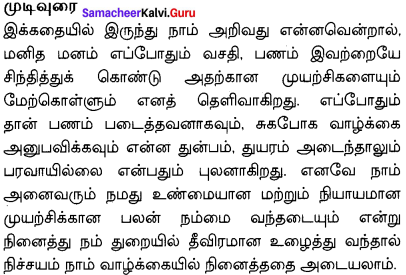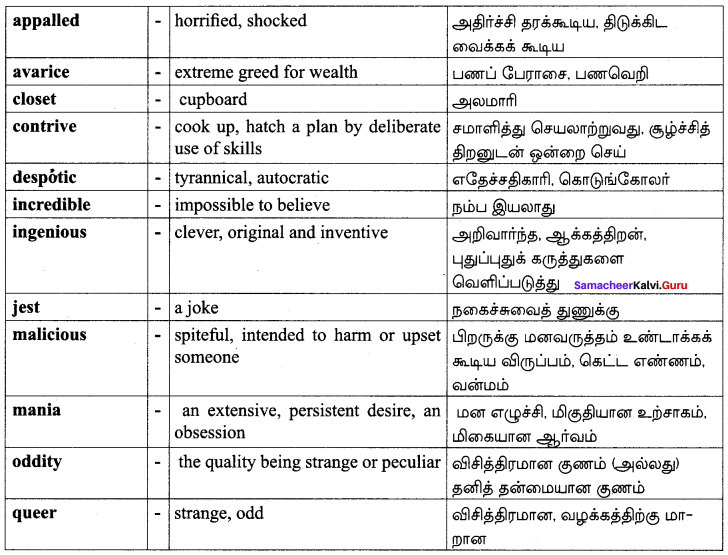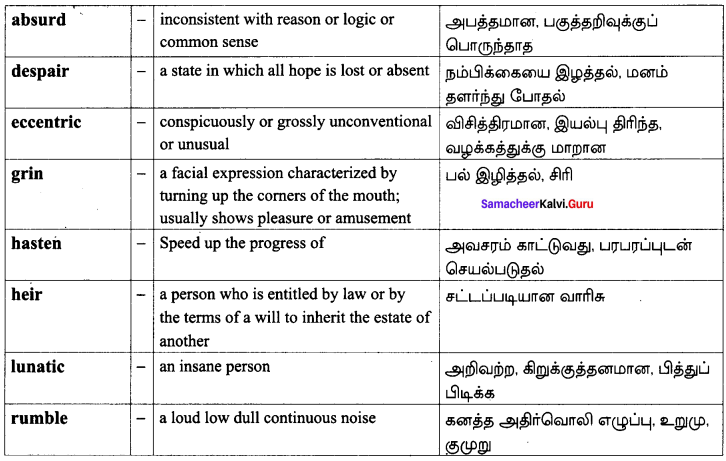Looking to improve English skills and gain more subject knowledge then the best resources that you can use here is Samacheer Kalvi 10th English Solutions for Vocabulary Singular & Plural Forms Questions and Answers.
In the Samacheer Kalvi 10th English Guide for textbook solutions, subject experts covered all types of questions and answers related to the topics, quick notes, summary, solved & unsolved exercises, etc. If you are planning to prepare Chapter via textbook, then you’re suggested to go with this Samacheer Kalvi 10th English Book Solutions Questions and Answers PDF for better understanding and preparation.
Tamilnadu Samacheer Kalvi 10th English Vocabulary Singular & Plural Forms
English Subject experts who are having max years of experience prepared this Tamilnadu State Board Solutions for 10th English Vocabulary Singular & Plural Forms Questions and Answers. They have explained all the topics covered in the board prescribed latest syllabus in a simple way to understand easily. So, students can prepare English from this Samacheer Kalvi 10th English Book Questions and Answers PDF. Download the Tamilnadu State Board 10th English Workbook Answers PDF by accessing the below links and learn properly for the final exams to score well.
Question 1.
The plural form of ‘matrix’ is ………………………………. .
Answer:
matrices
Question 2.
The plural form of “criterion” is ………………………………. .
Answer:
criteria
Question 3.
The plural form of “series” is ………………………………. .
Answer:
series
Question 4.
The plural form of ‘lady’ ………………………………. .
Answer:
ladies
Question 5.
The plural form of ‘erratum’ is ………………………………. .
Answer:
errata
Question 6.
The plural form of ‘cupful’ ………………………………. .
Answer:
cupfuls/cupsful
Question 7.
The plural form of ‘deer’ is ………………………………. .
Answer:
deer/deers
Question 8.
The plural form of ‘innings’ ………………………………. .
Answer:
innings
Question 9.
The plural form of ‘curriculum’ ………………………………. .
Answer:
curricula
Question 10.
The plural form of ‘medium’ ………………………………. .
Answer:
media
Question 11.
The plural form of ‘abyss’ ………………………………. .
Answer:
abysses
Question 12.
The plural form of ‘sister-in-law’ ………………………………. .
Answer:
sisters-in-law
Question 13.
The plural form of ‘ aquarium’ ………………………………. .
Answer:
aquaria
Question 14.
The plural form of ‘ arch ’ ………………………………. .
Answer:
arches
Question 15.
The plural form of ‘chateau’ ………………………………. .
Answer:
chateaux
Question 16.
The plural form of ‘cod’ ………………………………. .
Answer:
cod
Question 17.
The plural form of ‘crisis’ ………………………………. .
Answer:
crises
Question 18.
The plural form of ‘hoax’ ………………………………. .
Answer:
hoaxes
Question 19.
The plural form of ‘foot’? ………………………………. .
Answer:
feet
Question 20.
The plural form of ‘oasis’ ………………………………. .
Answer:
oases
We hope the data given here will benefit you to the fullest extent at the time of preparation. For better understanding of English subject this Samacheer Kalvi 10th English Answers for Class 10th English Vocabulary Singular & Plural Forms PDF is the best resource. Download & ace up your preparation. Keep in touch with us and get the latest information on Tamilnadu State board Textbook Answers PDF.
